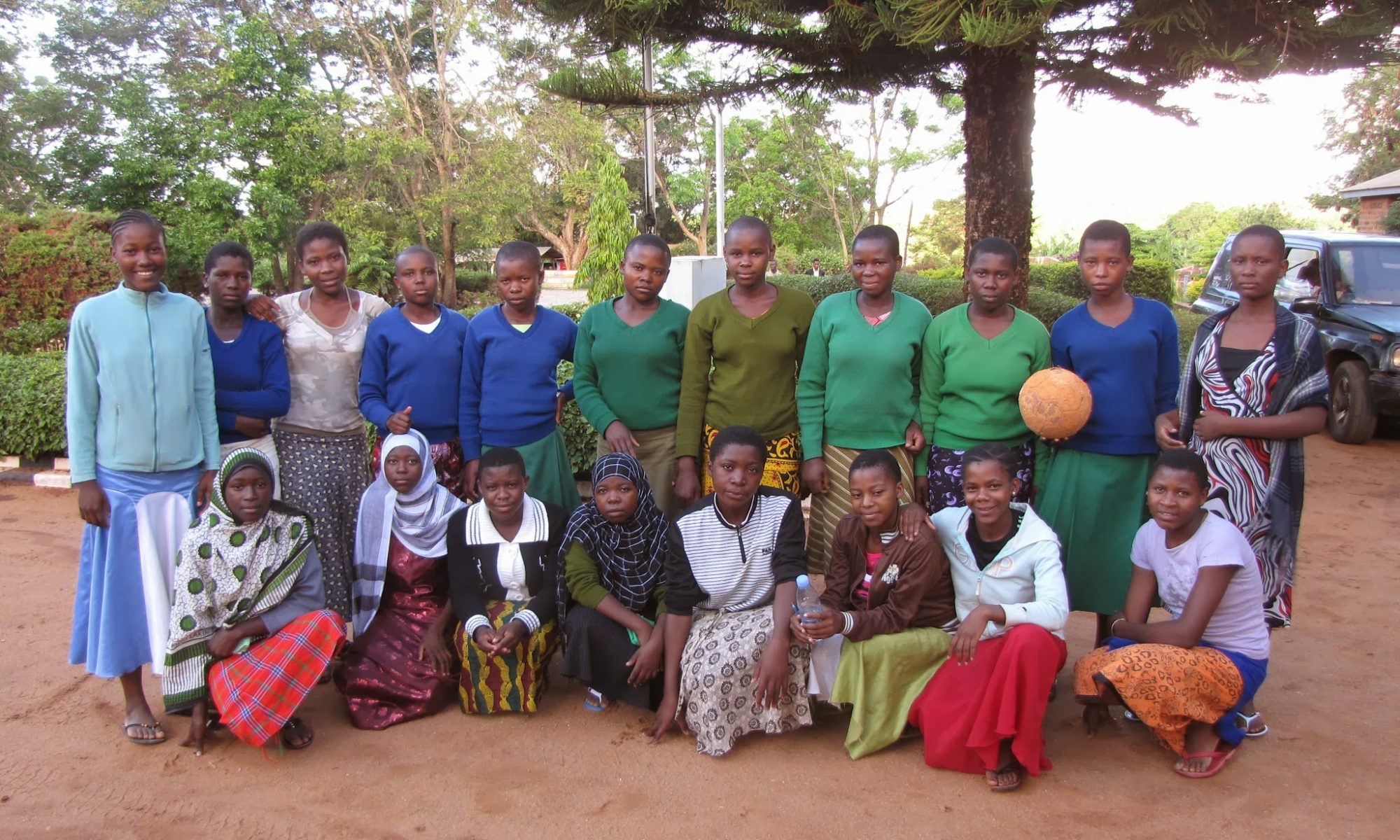Elimination of O-Level Fees
Last month, in “Public Commends Planned Scrap of O-Level Fees“, the Guardian reported that the government plans to eliminate fees at O-Level secondary schools. The stated goal of the plan is to make O-Level financially accessible for everyone. While the plan may have been widely commended, there are several hurdles to achieving the desired effect.
While eliminating school fees would make O-Level more affordable, there are still many other contributions that some families would find prohibitively expensive. In the Guardian’s article Professor Lipumba is quoted as stating that, “even in primary schools where education is free there is quite a number of contributions.” At the secondary level the contributions are even more numerous. In addition to the prescribed government school fees of 20,000/= a year, every school we are aware of also charges an academic fee that is typically 10,000/=. Then, depending on the school, there can be fees for electricity, maintenance, security, food, paper, and potentially other items, each of which is usually between 5,000/= and 15,000/=. When students join they often have one time contributions for an item or two (or money to purchase them) like a desk, bucket, or hoe. Students in examination years (the second and fourth years) have additional fees for the national examinations, regional mocks, and (for some schools) other practice tests. Clearly the sum of these contributions can be quite large and are often greater than the school fees themselves. Eliminating school fees is a step towards making O-Level universally accessible, but as long as the students have such large manditory contributions there will be a few families who cannot afford to send their students to O-Level.
As the article mentions, there is the potential that scrapping the school fees will not result in a smaller financial burden. A decade ago the government eliminated school fees at the primary level and halved the fees at the secondary level. The government promised to provide the schools with capitation grants in order to compensate for the revenue lost through fee reductions, but it has struggled to fulfill its committment. Last year Twaweza reported that between 2010 and 2012 Tanzanian primary schools received less than a quarter of the money they were owed by the government (Capitation grants in primary schools: a decade since their launch, is money reaching schools?). While we have heard that the situation is better at the secondary level, if the government is going to eliminate school fees entirely for O-Level schools it needs to be prepared to fully supply the capitation grants in a timely fashion. The recently announced decision to deposit money directly into school accounts (Yes, Capitation Grants Need Control) is a promising step, but if schools do not receive their money from the government they will likely increase the other required contributions in order to avoid losing revenue. If the elimination of school fees results in an equal increase in other required contributions then there will be no change in the affordability of O-Level.
Sadly, even if the government does manage to transfer the required money to every school in a timely fashion there will likely still be increases in other contributions. School officials know that people are used to paying that amount of money and some will undoubtedly raise contributions to increase the revenue at their schools. Hopefully any additional money they require will be used for the benefit of the students

